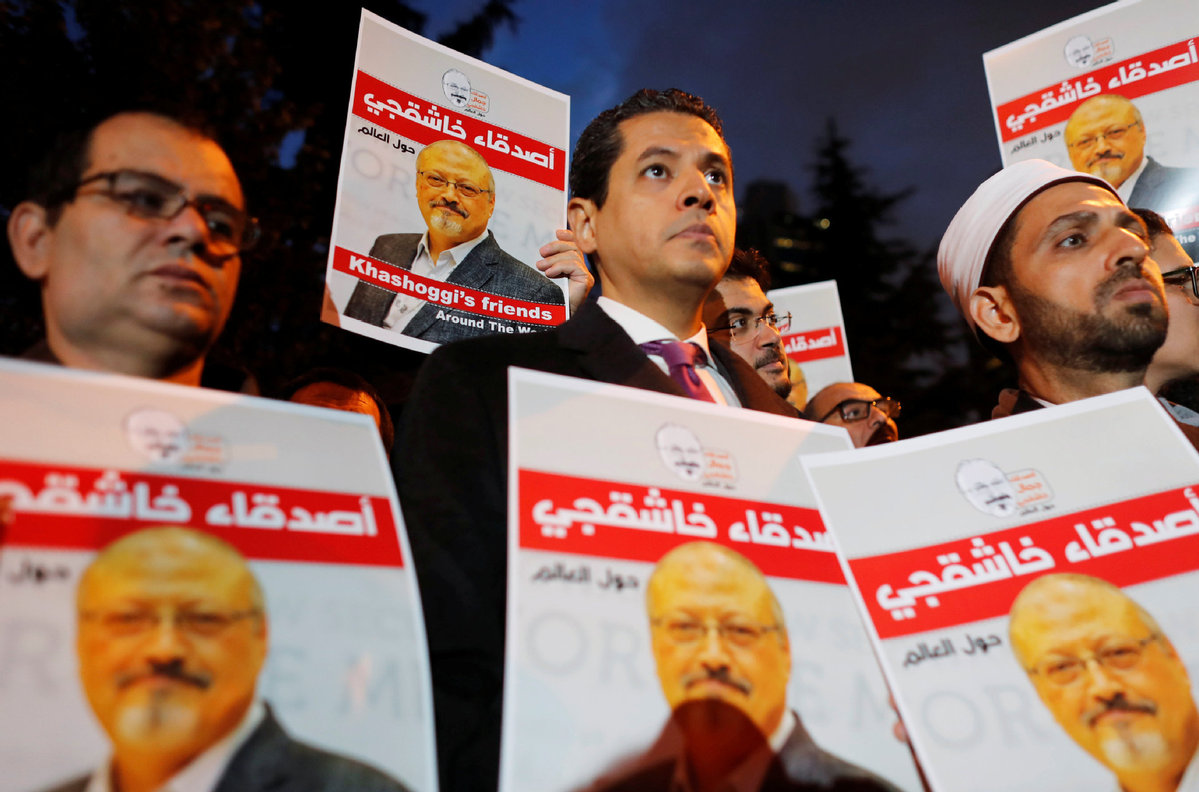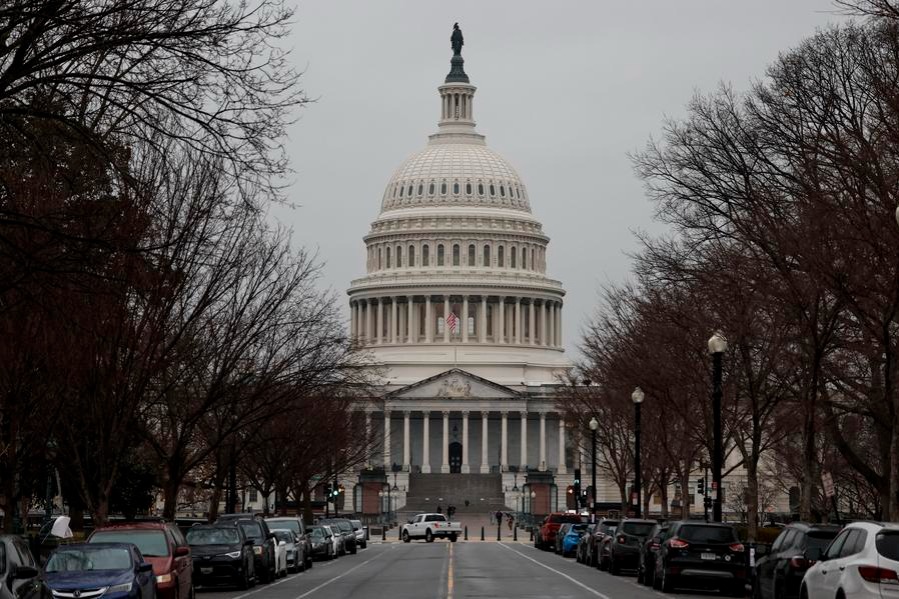Khashoggi case won't impact oil market much


Even after Riyadh admitted that Saudi Arabian journalist and critic Jamal Khashoggi was killed in its embassy in Turkey, more details about the case have surfaced, sparking global condemnation and leaving many worried about its fallout on the world oil market.
Turki Aldakhil, general manager of Saudi Arabia-owned Al Arabiya Television News Network, recently warned in a commentary that sanctions imposed on Riyadh in response to Khashoggi's killing will cause the Saudi oil production to drop below 7.5 million barrels a day, triggering a sharp rise in oil prices-to $100 or $200, even $400, a barrel.
But given the latest developments, the Western sanctions and the consequent Saudi retaliation are highly unlikely to materialize. Most importantly, the United States needs Saudi Arabia's help to stabilize the energy market, especially because the US sanctions against Iran's oil exports have already taken effect.
The US' self-sufficiency in oil supply, combined with the support from oil-rich economies in the Middle East such as Saudi Arabia and the United Arab Emirates, has prompted the Donald Trump administration to re-impose sanctions on Iran. But without Saudi Arabia's help, the US would find it very difficult to "punish" Iran. Also, the fact that Russia is seeking to deepen military and strategic relations with Saudi Arabia makes it unlikely for the US to risk undermining its partnership with the Middle East country.
Moreover, as the largest oil producer among the member states of the Organization of Petroleum Exporting Countries and de-facto leader of the oil market, Saudi Arabia has pledged to continue helping stabilize oil prices and maintain the right supply-demand balance.
Based on the world oil market's response, the fear of a trade war and slowing global economic growth will prevent any economic power from risking disruptions in oil supply.
The drop in oil production in OPEC and non-OPEC member states, including Russia since 2016, along with the decline in Venezuela's production, could not offset the oversupply caused by Iran's return to the global oil market and the US' "shale gas revolution". This shows the supply elasticity in the oil market is extremely low and the supply-demand balance is quite fragile.
If worries over oversupply could lead to a slump in oil prices, a big hike in prices would add to the woes of the world economy and slow global growth. Just as Riyadh warned, the about $80-a-barrel price has slowed down emerging markets' growth. Therefore, if the oil price increases to $100, let alone $200, a barrel, it would wreck havoc on the world economy. Another global recession is a bigger worry for both oil importers and exporters. And for states that are almost entirely dependent on oil revenue such as Saudi Arabia, the blow would be devastating.
Turkey has revealed more details about the Khashoggi case because it wants to deal a strong blow to the US-Saudi partnership and gain more bargaining chips to end its "isolation" by the Muslim world and weaken the sanctions the US has imposed on it. More important, Turkish President Recep Tayyip Erdo an wants to expand Turkey's influence in the Muslim world.
Yet Khashoggi's death will not fundamentally change the geopolitical landscape in the Middle East, nor is it likely to hurt the Washington-Riyadh partnership. US President Donald Trump's amiable attitude toward Saudi crown prince Mohammed bin Salman, combined with a $110 billion arms deal and wide-ranging common interests in the Middle East, mean the two countries will not easily go separate ways any time soon.
In other words, compared with other geopolitical events, including the Iraq War and the "Arab Spring", the Khashoggi case has had a far lighter impact on the Middle East. The parties involved in the case could well compromise given the pressure to stabilize the oil market, and the fallout is likely to be quickly absorbed by the global oil market.
The author is an associate research fellow at the Institute of International Relations, Shanghai Academy of Social Sciences.

































